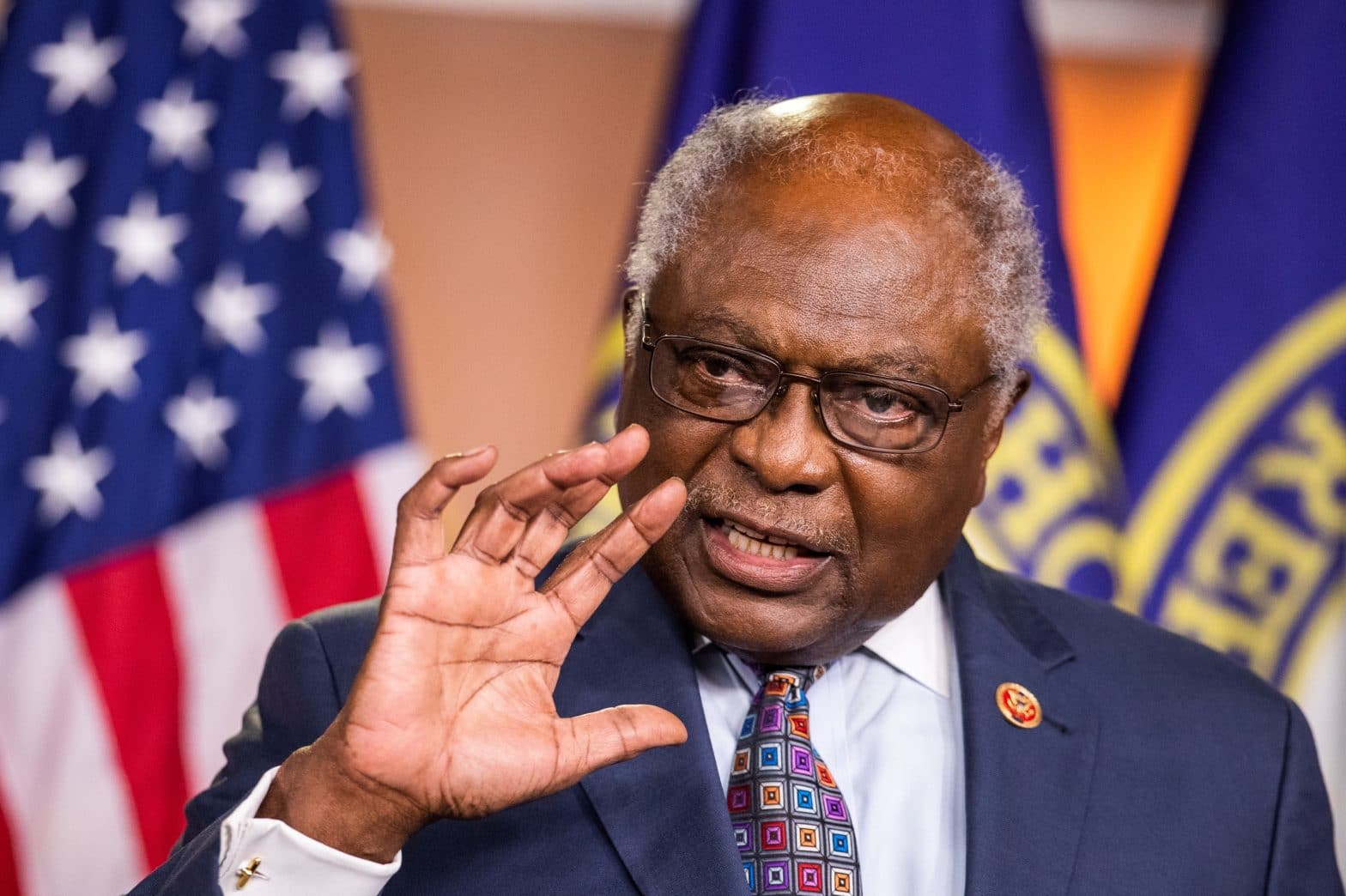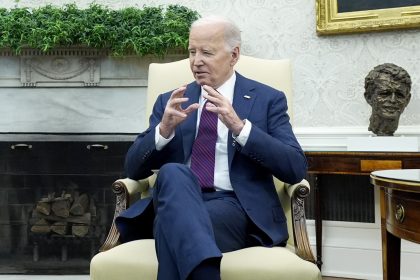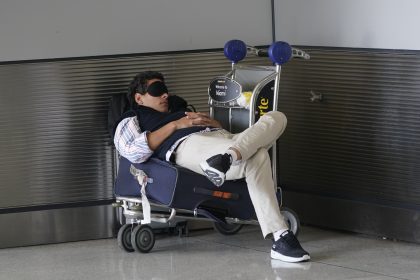Congress Seeks to Help Minorities Hit Hardest by Coronavirus

WASHINGTON – Medical and social welfare witnesses told a congressional committee Wednesday that ethnic minorities need an increased effort to protect them from the devastation of coronavirus.
They are dying or losing their jobs in some locations at almost twice the rate of the white population, according to recent government statistics.
“We need to prioritize vulnerable people of all kinds,” said Rep. Jodey Arrington, a Texas Republican, during a hearing of the House Ways and Means Committee.
The hearing coincides with proposals in Congress for a third round of the emergency response package, the Coronavirus Aid, Relief, and Economic Security (CARES) Act.
It provides enhanced unemployment benefits, direct payments to individuals, loans to small businesses, delays and modifications of taxes owed and increased support for health care providers.
All the unemployment provisions included in the third package would cost between $187.6 billion and $319.9 billion, depending on the severity of the pandemic and its impact on the economy, according to congressional estimates.
Congress also is considering how to use emergency funds to help persons most deeply affected by coronavirus, such as the elderly as well as African-American and Latino communities.
The hearing was the first in congressional history to be held completely remotely through Internet connections. It was a response to the continuing partial shutdown of Congress because of the coronavirus pandemic.
The Centers for Disease Control and Prevention reported last month that African Americans suffer about 30% of coronavirus cases, despite making up 13% of the U.S. population.
About the same time as the CDC report, Senate and House Democrats sent a letter to Vice President Michael Pence asking for a quick federal intervention to resolve the racial differences.
“We know that the disparities in our society did not begin with the COVID-19 pandemic, but this crisis has exposed the deep inequality in the health and economic security of our communities,” the letter says.
In the nation’s capital, Africa- Americans represent 46% of the population but 77% of the coronavirus victims.
Ibram X. Kendi, an American University history professor, said that as the higher infection rate among African-Americans and Latinos first became evident, many Americans incorrectly believed minority populations were not taking coronavirus seriously.
“We should be asking, why are Black and Latino people less likely to be working from home; less likely to be insured; less likely to live in unpolluted neighborhoods,” he testified to the Senate committee.
Alicia Fernandez, an internist at Zuckerberg San Francisco General Hospital, said the need for some Americans to leave home for work is a primary contributor to the spread of coronavirus.
She based her conclusion on a study by her hospital when the staff realized a disproportionate share of Latinos were getting sick. Eighty-three percent of the coronavirus hospitalizations were for Latinos, compared with the usual 35 percent for other health problems.
“Nearly all were working despite the shelter in place order,” Fernandez testified.
Their most common professions were restaurant and janitorial workers.
“A short questionnaire revealed that 90% of those testing COVID-19 positive were unable to work from home,” Fernandez said.
Rep. Jimmy Panetta, a California Democrat, asked Congress not to overlook farm workers because of “the inequality that has been enhanced by COVID-19.”
Many of California’s farm workers are Latino.
Panetta recommended that they receive the same kind of disease testing, education and personal protective equipment provided to workers the government classifies as essential.
He also cautioned against the threat to the nation’s food supply if farm workers are not protected.

























